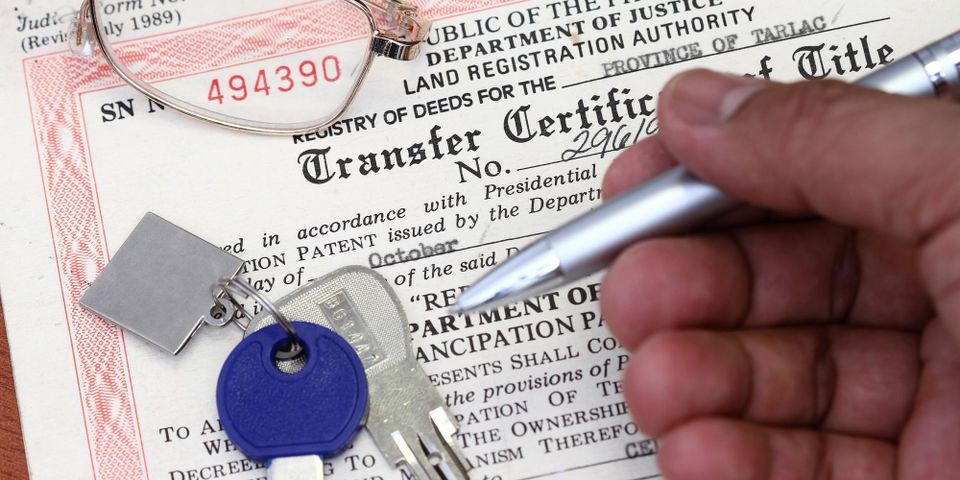
When it comes to real estate law, attorneys use legal documents to settle disputes, purchase land, and create deeds. Deeds are essential because they transfer or prove ownership of a property. Here is some helpful information about the types and details of a binding property deed.
Types of Deeds
A deed is a legal document that’s used to transfer land or property from one person, called a grantor, to another, called a grantee. There are several types of deeds, categorized according to the rights afforded to each party in the exchange.
General Warranty
The former property owner promises the grantee of a series of covenants, which include the promise that:
- The property is the grantor’s to give
- The grantor has the right to transfer ownership of the property
- The property is free of liens and financial claims
- The grantor will deliver the required documentation to make the deed official
This is the most popular deed, as it provides the highest level of protection to the grantee.
Quitclaim
 Quitclaims show that the grantor transferred ownership of the property to the grantee. No covenants are made about the validity of the title, which means the grantor isn’t responsible for resolving any issues that are found with it. These are most often used if the grantor wants zero accountability or isn’t sure of the quality of the title.
Quitclaims show that the grantor transferred ownership of the property to the grantee. No covenants are made about the validity of the title, which means the grantor isn’t responsible for resolving any issues that are found with it. These are most often used if the grantor wants zero accountability or isn’t sure of the quality of the title.
Special Warranty
This document limits the grantor’s accountability to the time that they held the title to the property. If the title was bad when the grantor received it, the grantor is not held accountable for issues created after the property is transferred to the grantee.
Special Purpose
These deeds often come out of court proceedings or instances where it was transferred by a legal agent. Almost no promises or protections are made for the grantee, making a special purpose deed similar to a quitclaim.
Elements of a Deed
For a deed to be legally acceptable in real estate law, it must have several qualities:
- Must be in writing on a hard copy
- Grantor and grantee must be clearly identified by their full legal names or in another unmistakable way
- Contain the proper legal terminology to convey the property summary
- Must be signed by the grantor
Both parties must be of sound mind and competence to draft the contract, and the document must be delivered to and accepted by the grantee. If any of these conditions aren’t met, it will not hold up in a dispute.
If you need a real estate attorney who’s experienced in preparing deeds, contact the real estate law professionals at Hawaii Convey in Honolulu, HI. With more than 30 years of combined experience, their knowledgeable legal team will provide you with reliable, comprehensive legal services, including deed preparation, land court petitions, estate planning, and more. As a smaller law office, their focus on each client is unmatched, providing custom solutions and legal counsel. Learn about their services online or call (808) 792-8777 to set up a consultation.
About the Business
Have a question? Ask the experts!
Send your question

